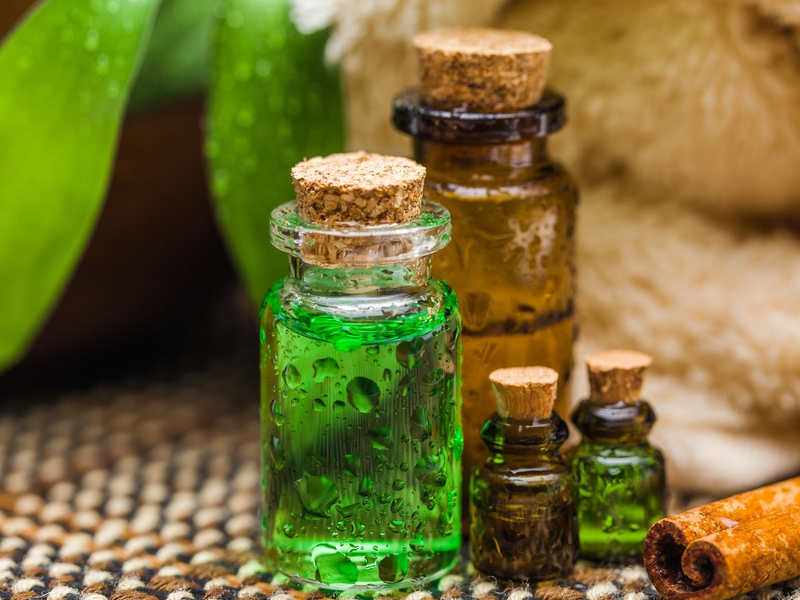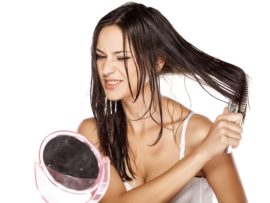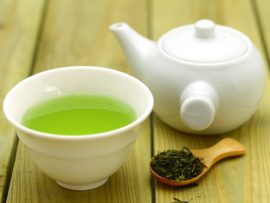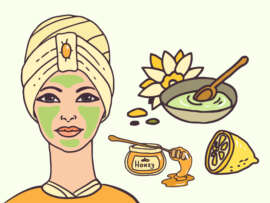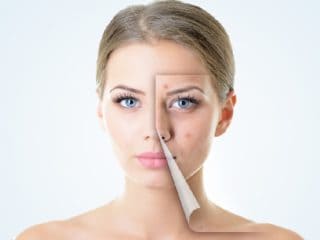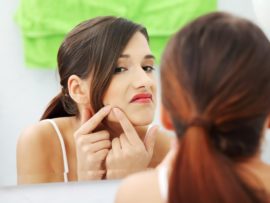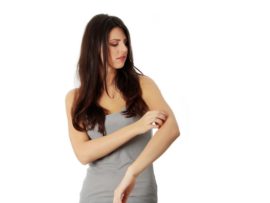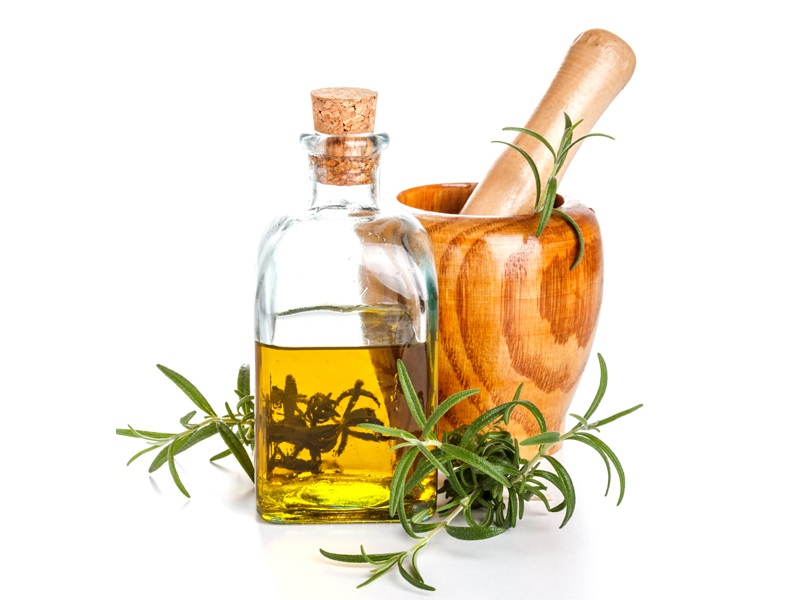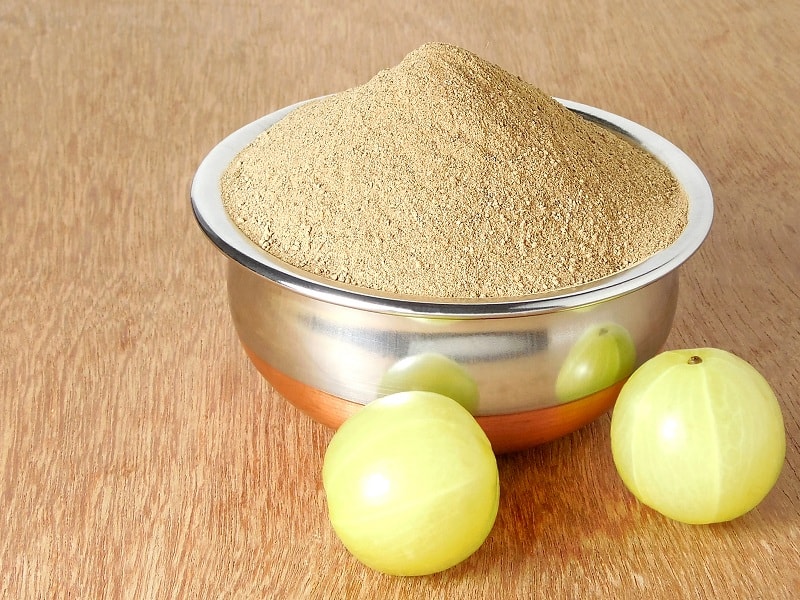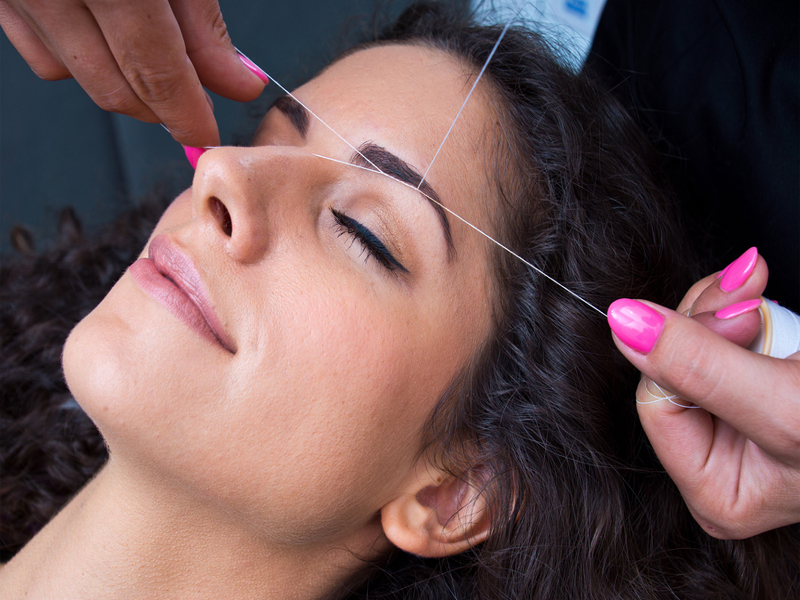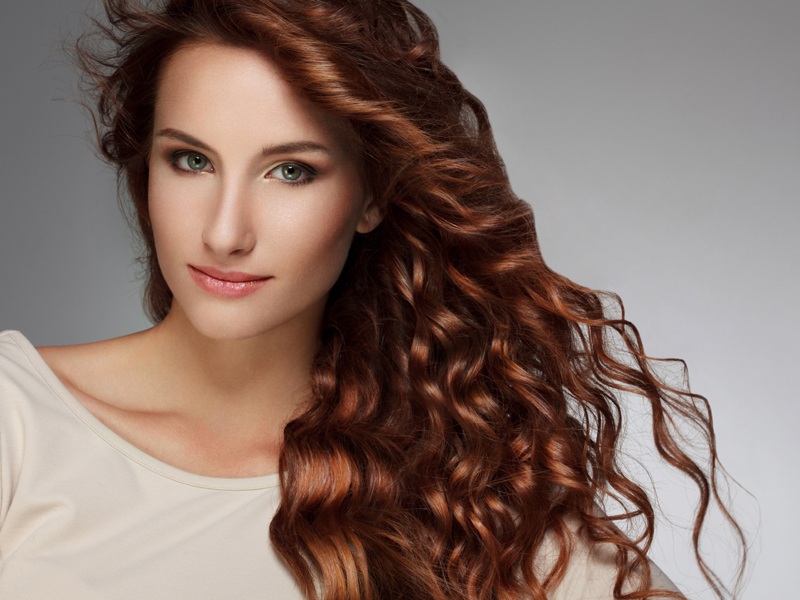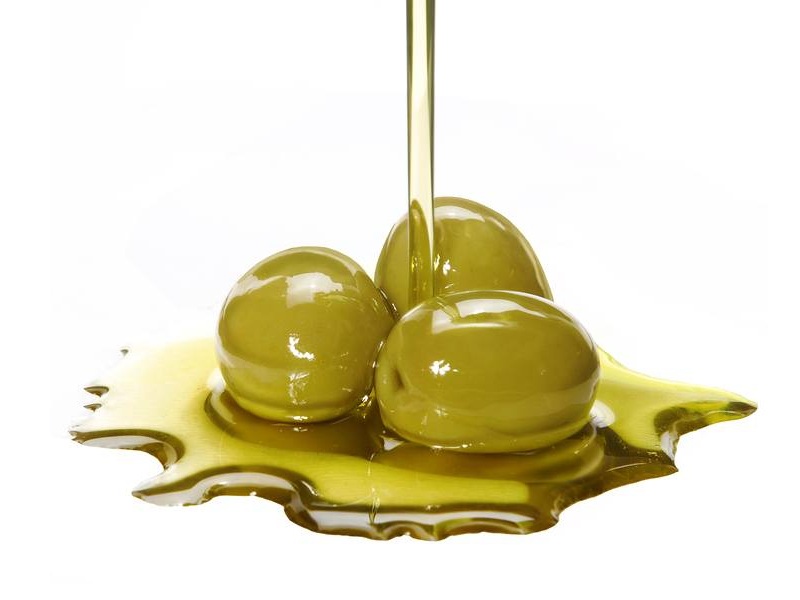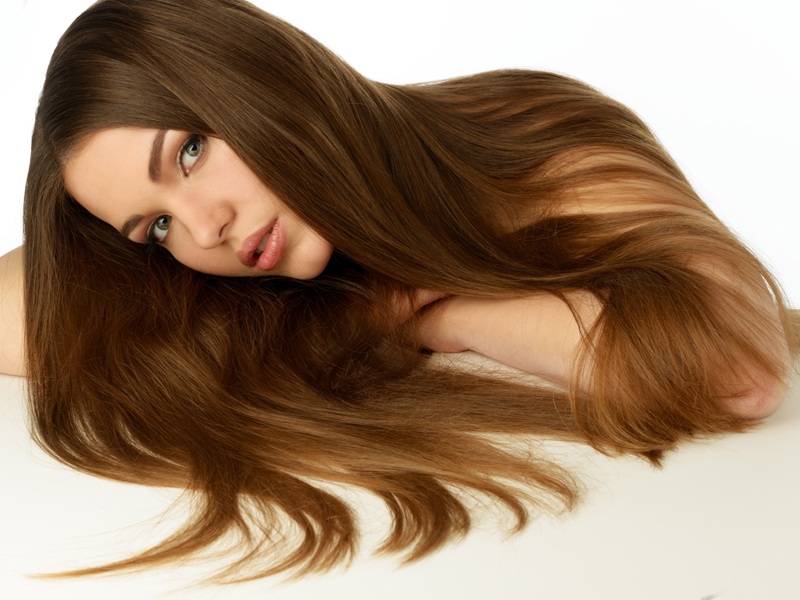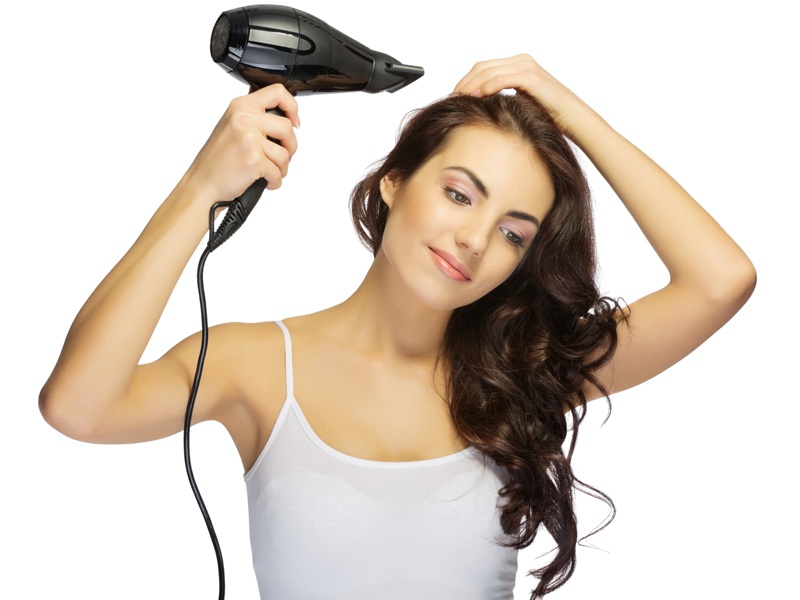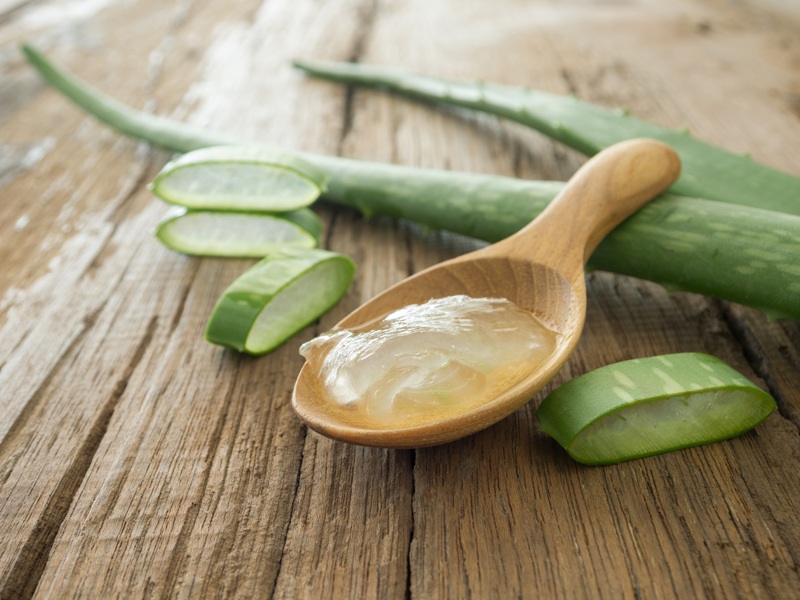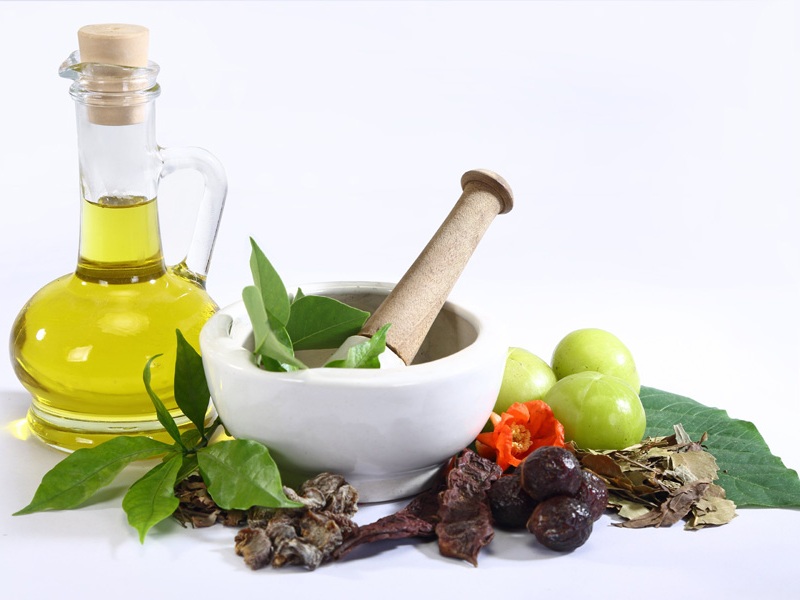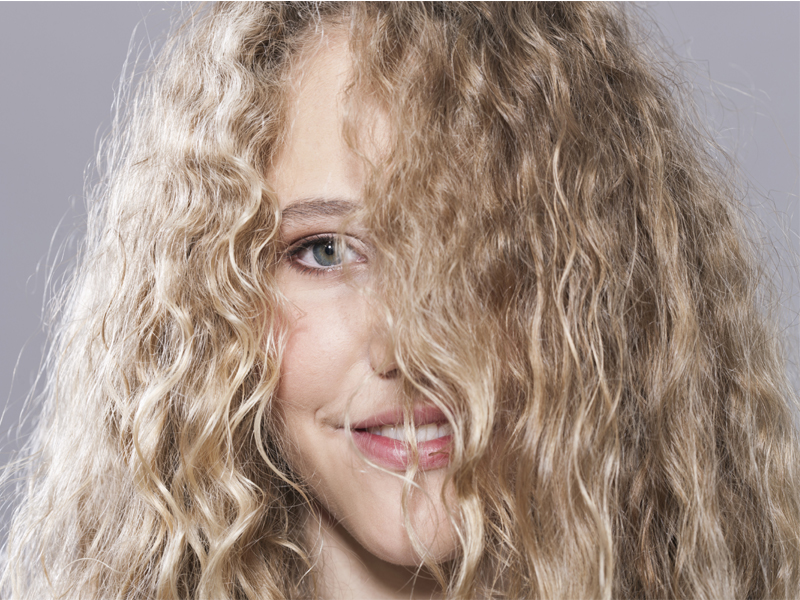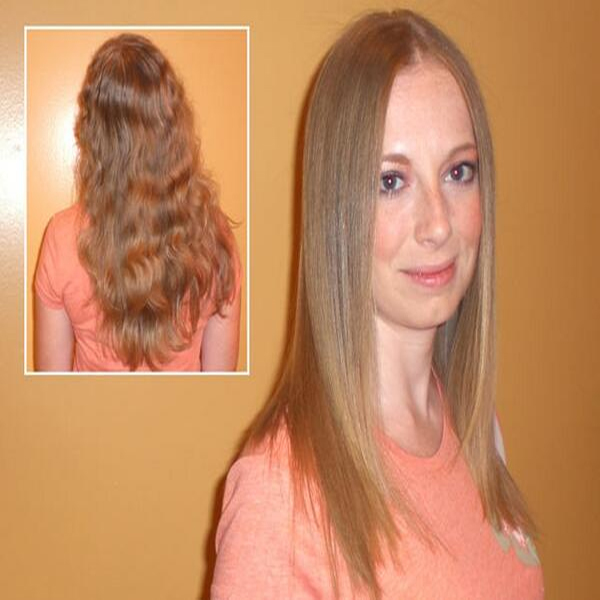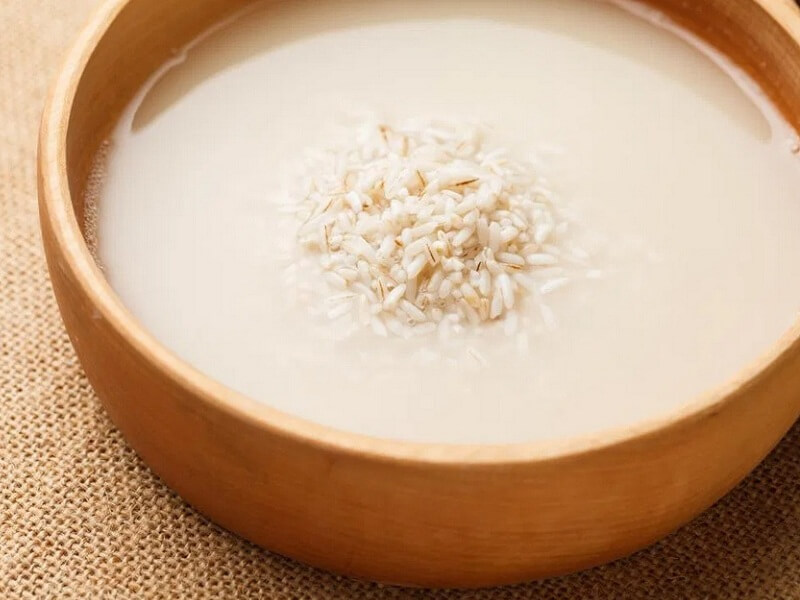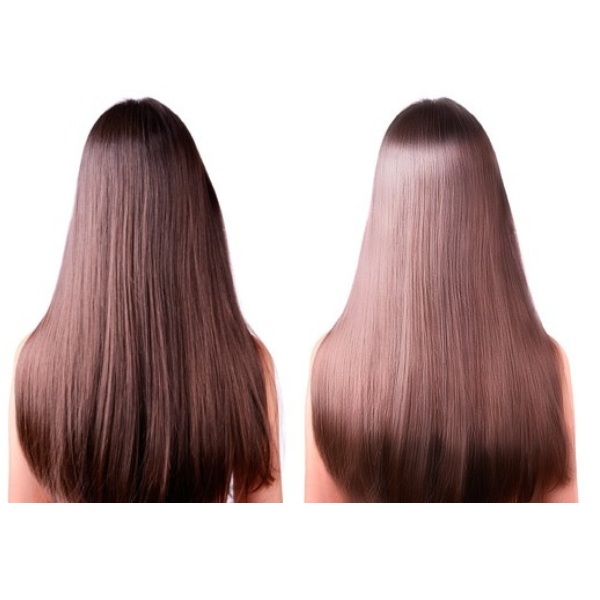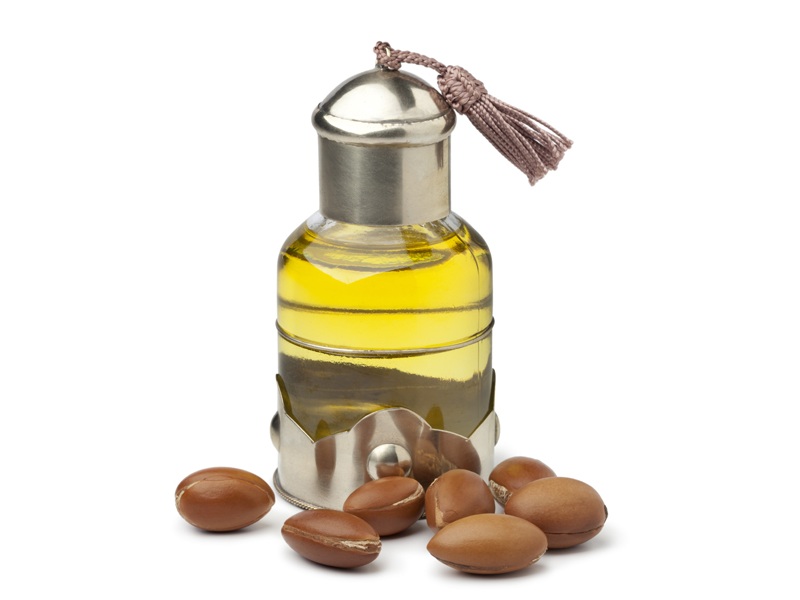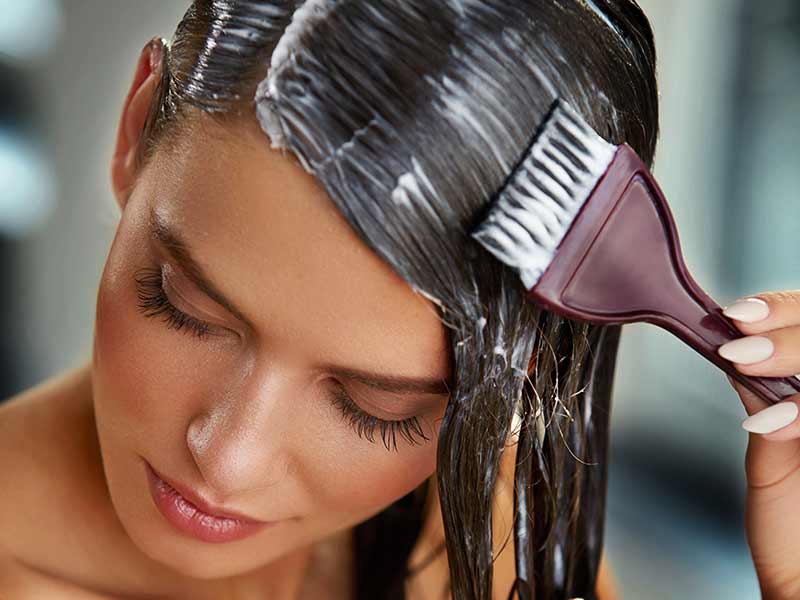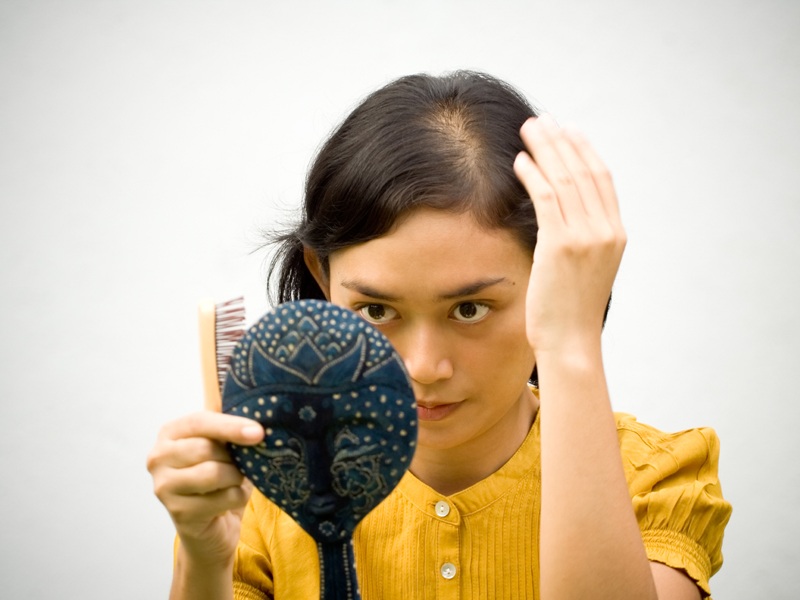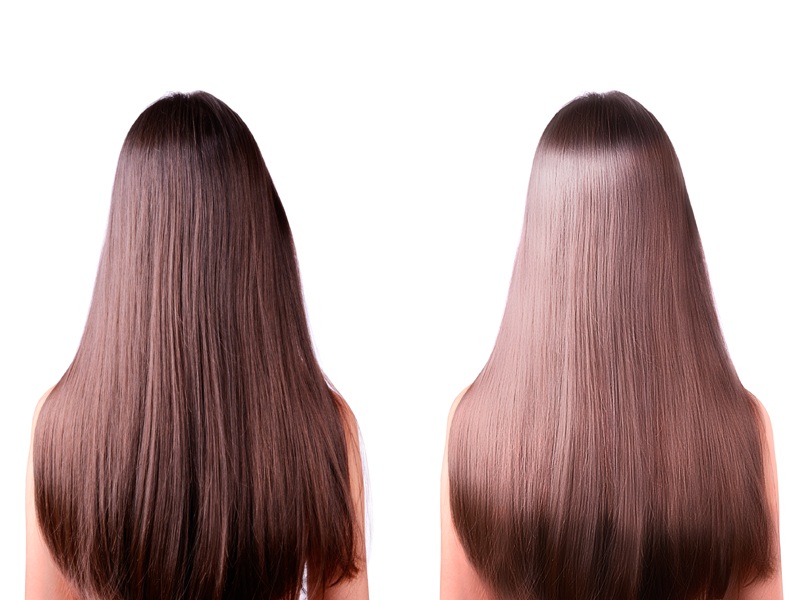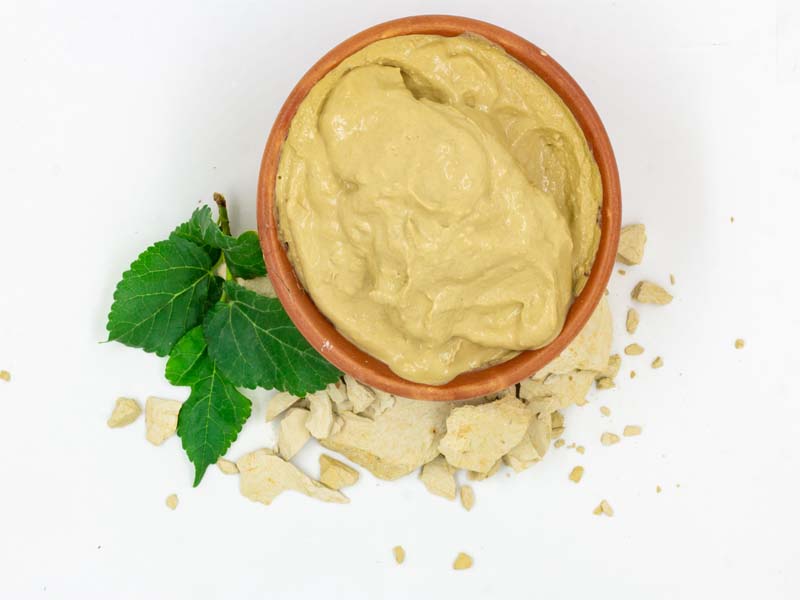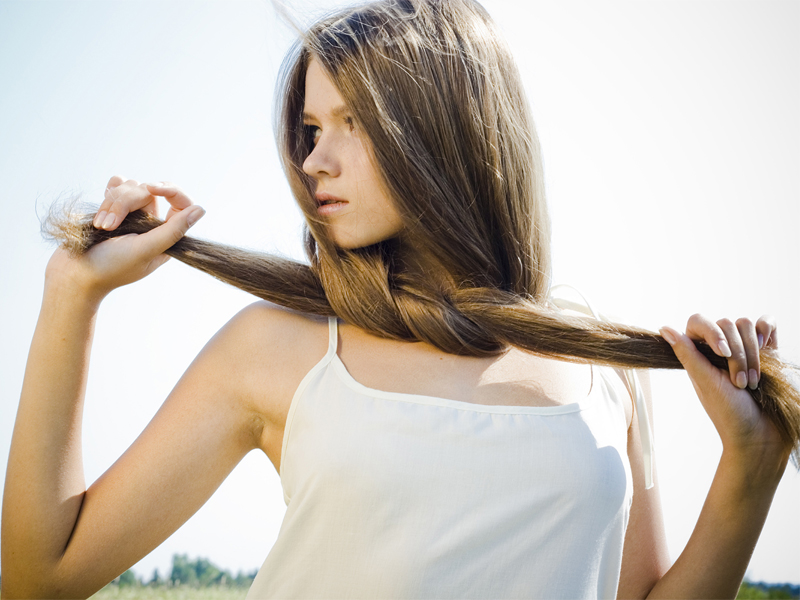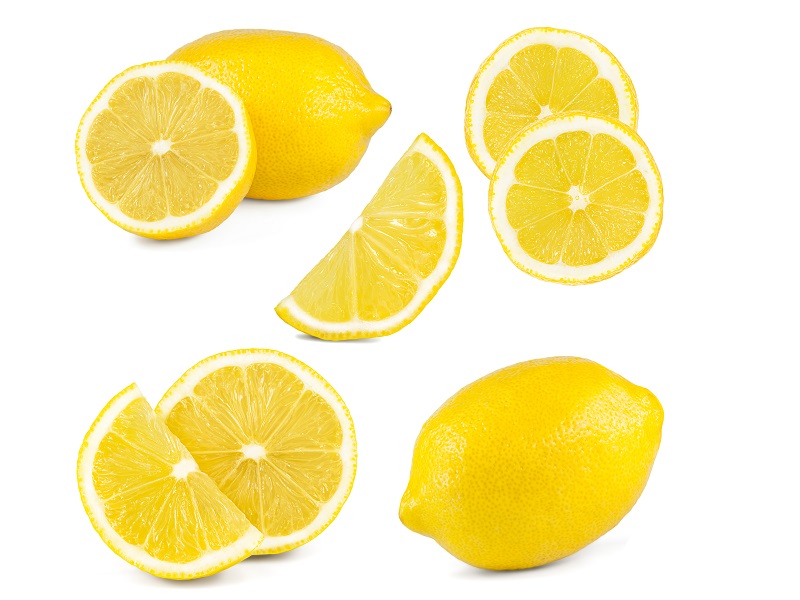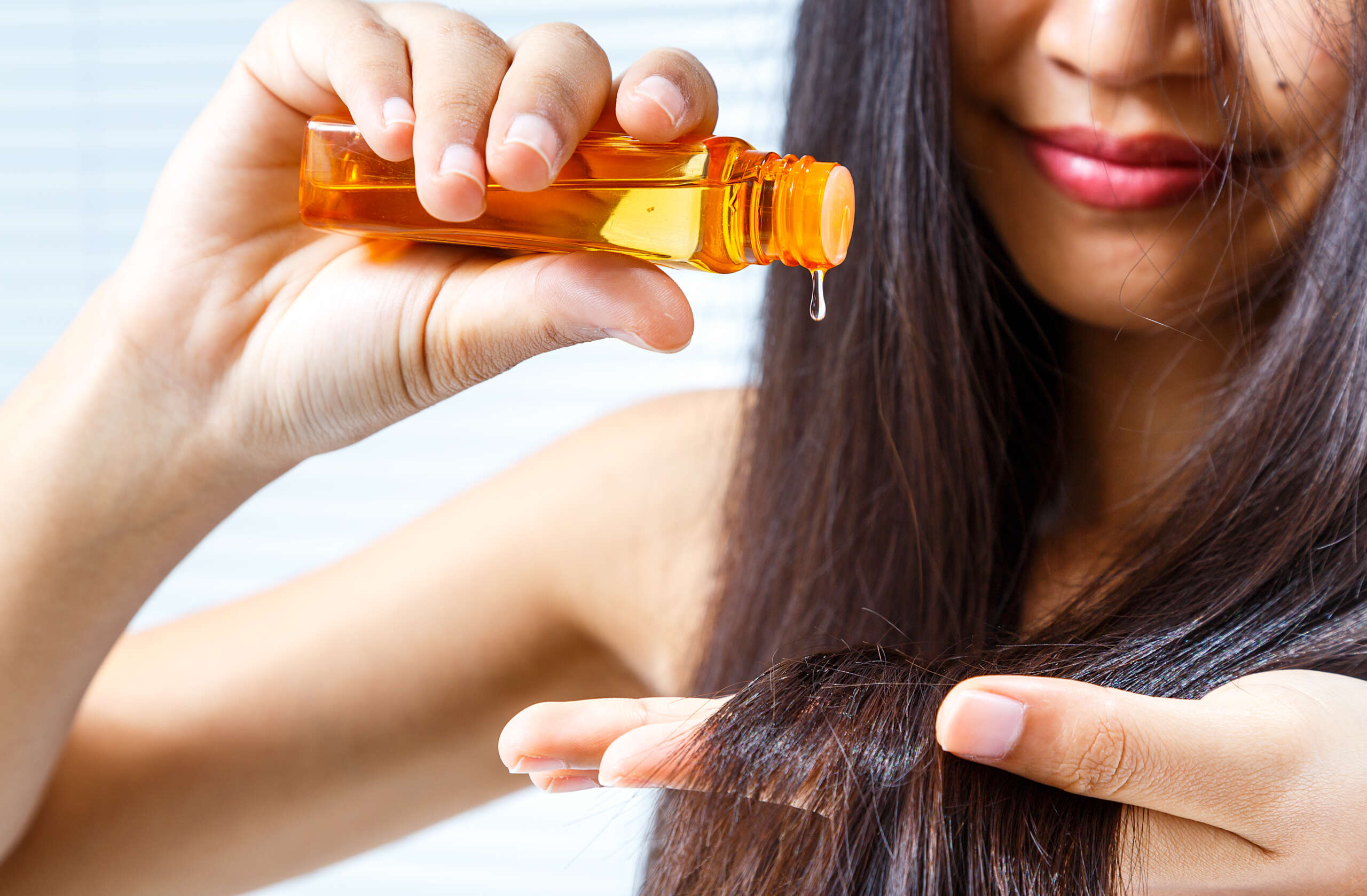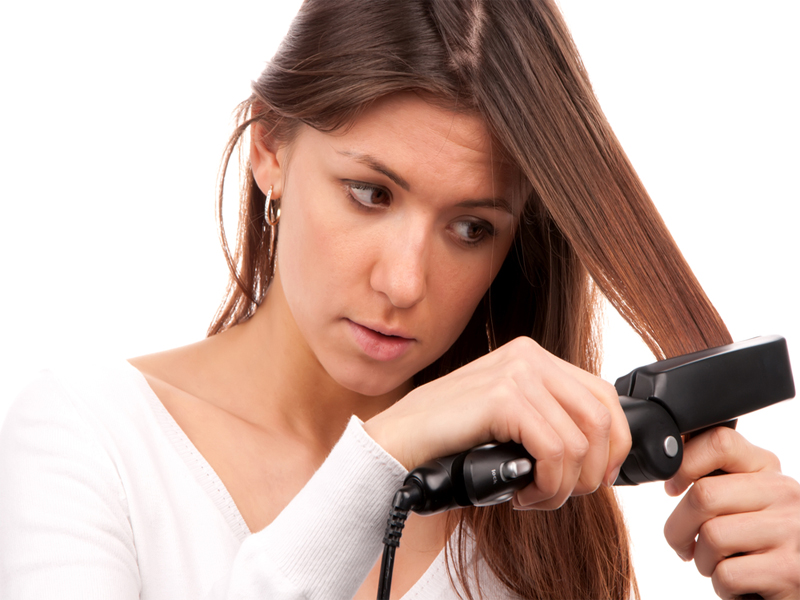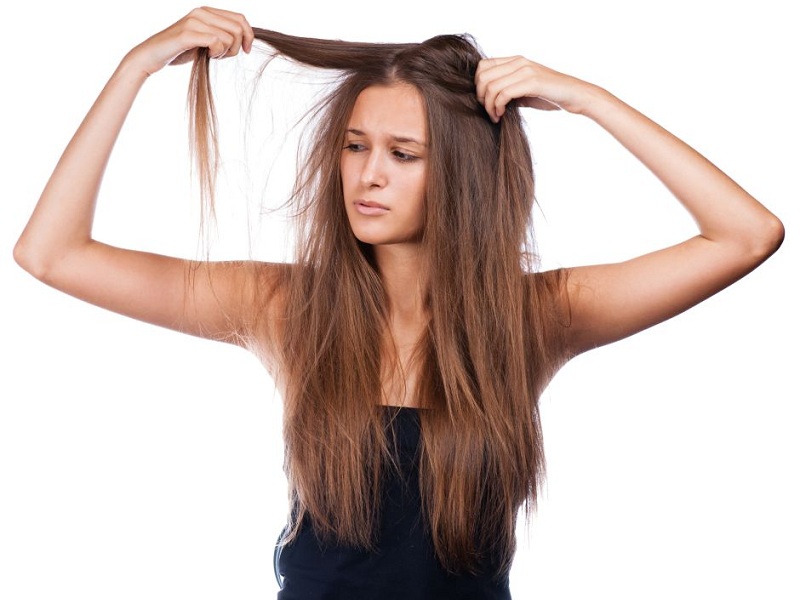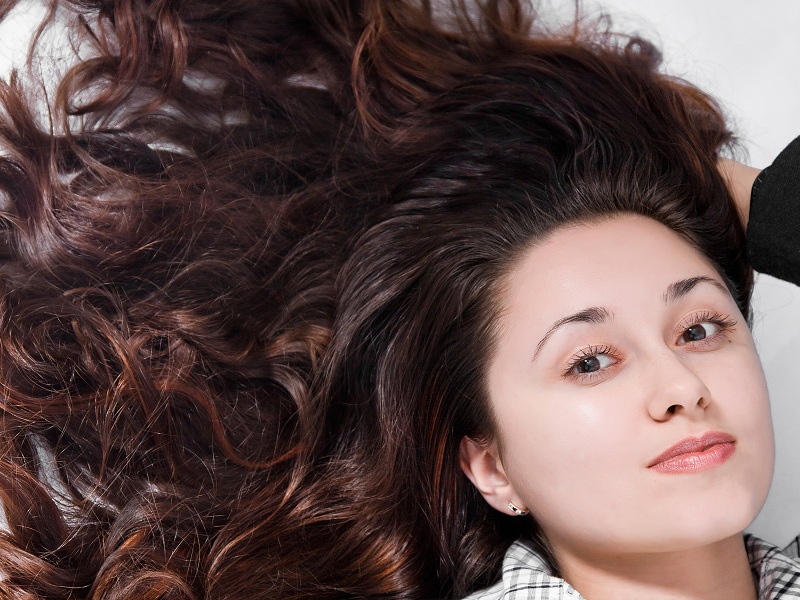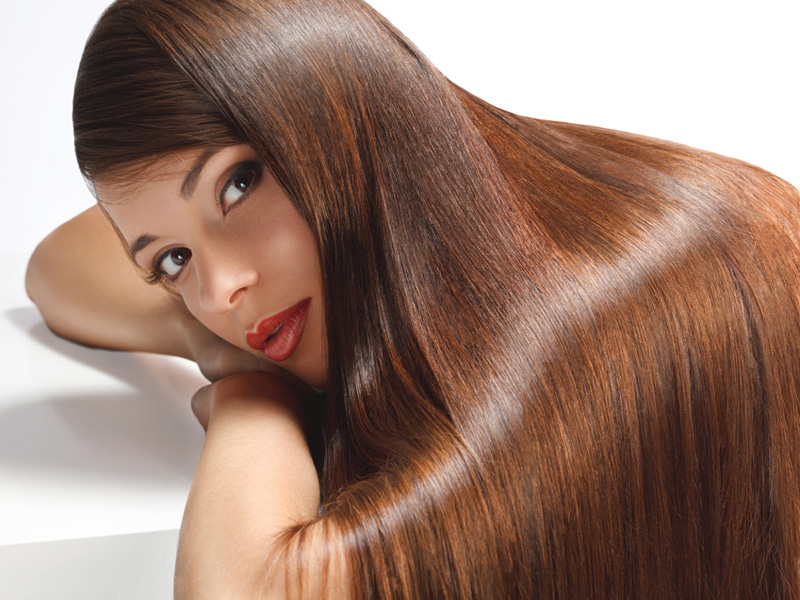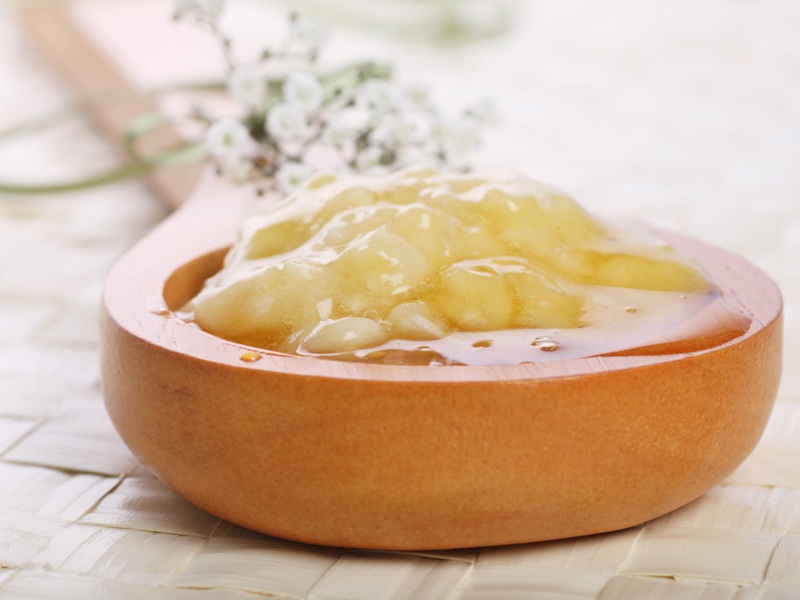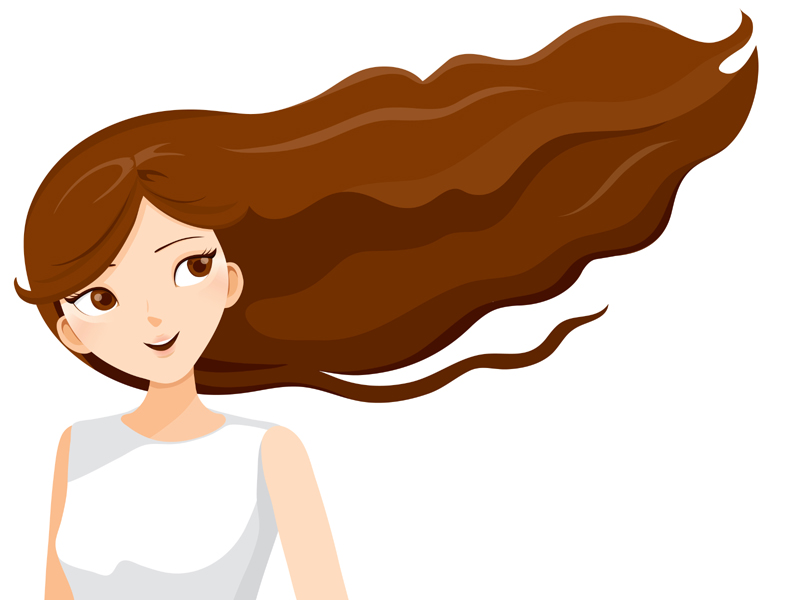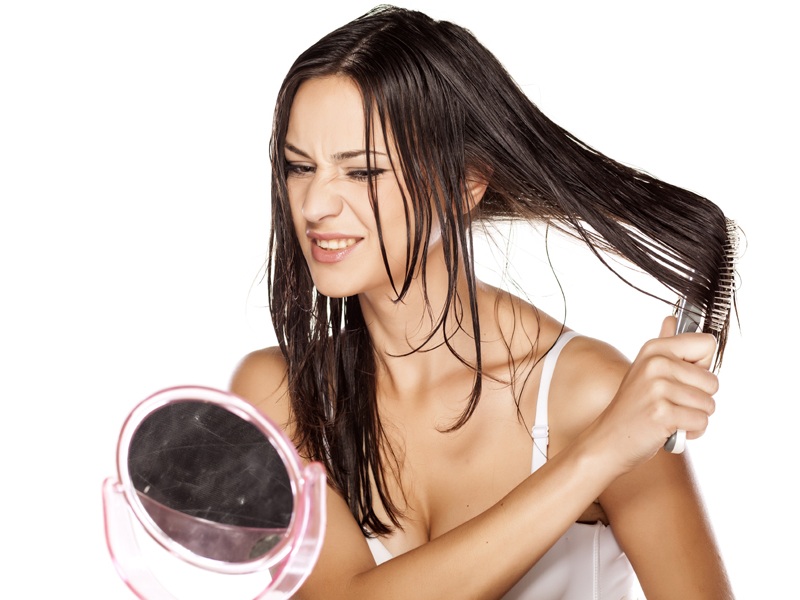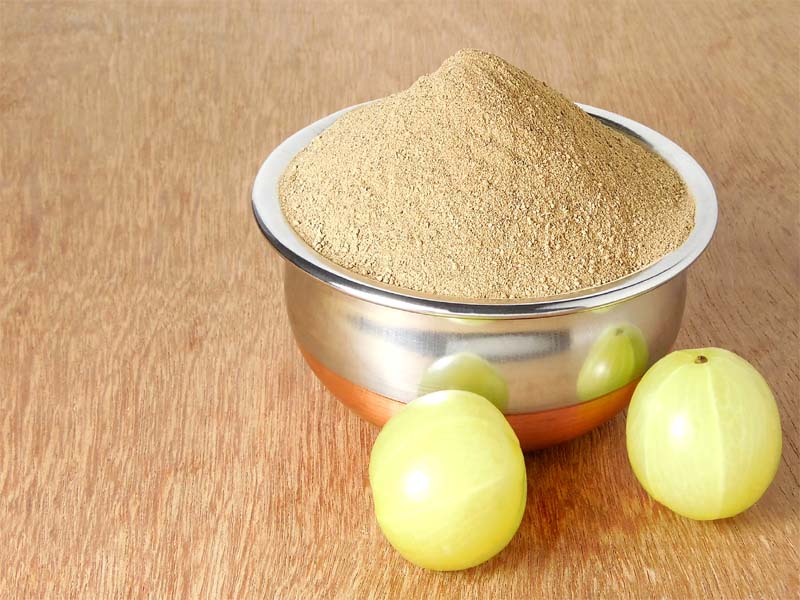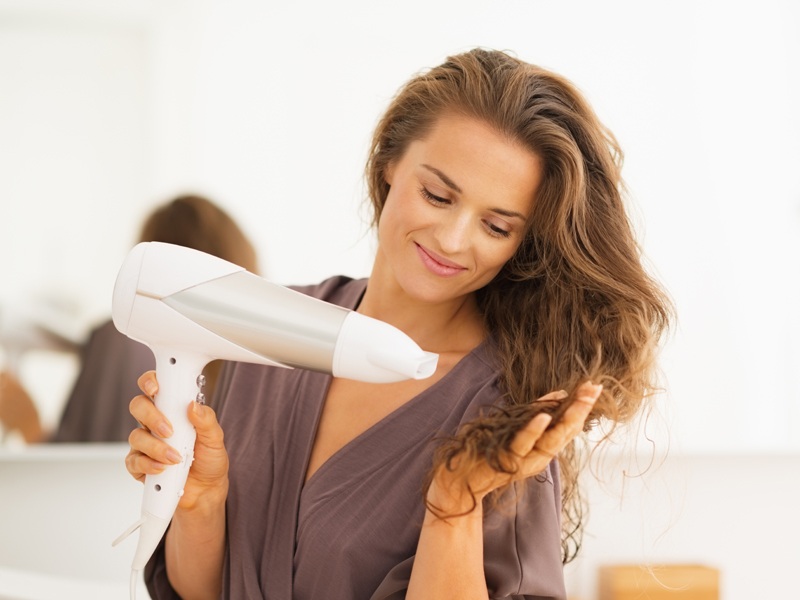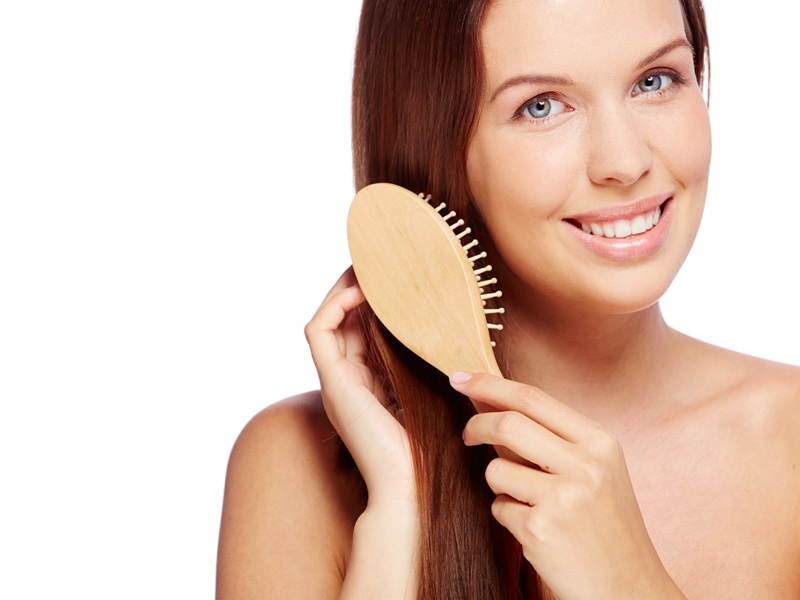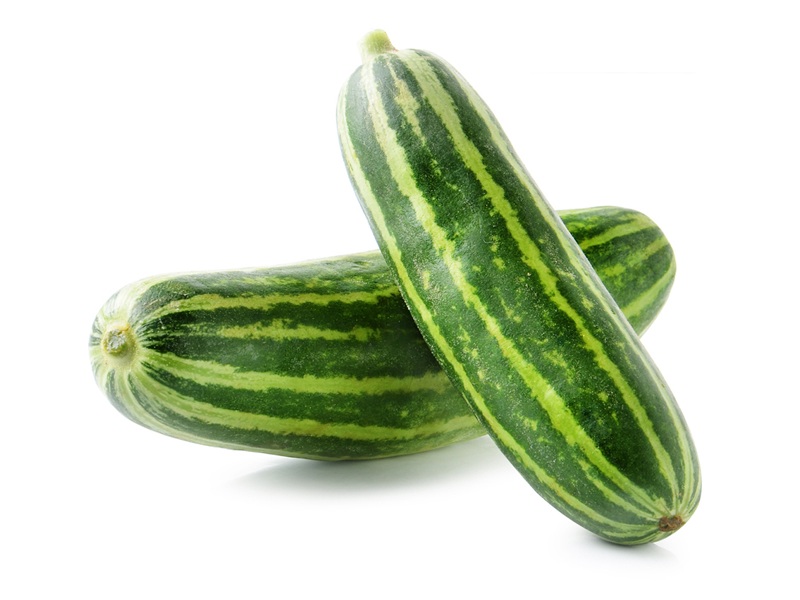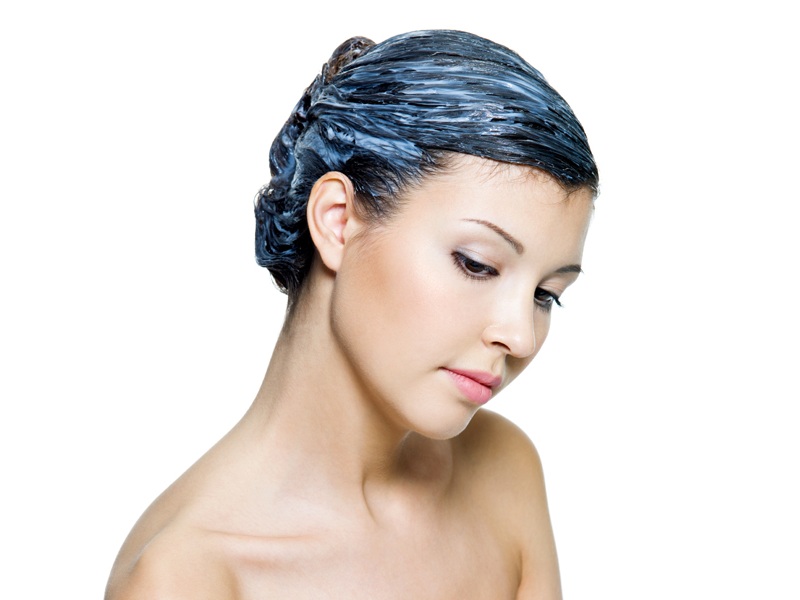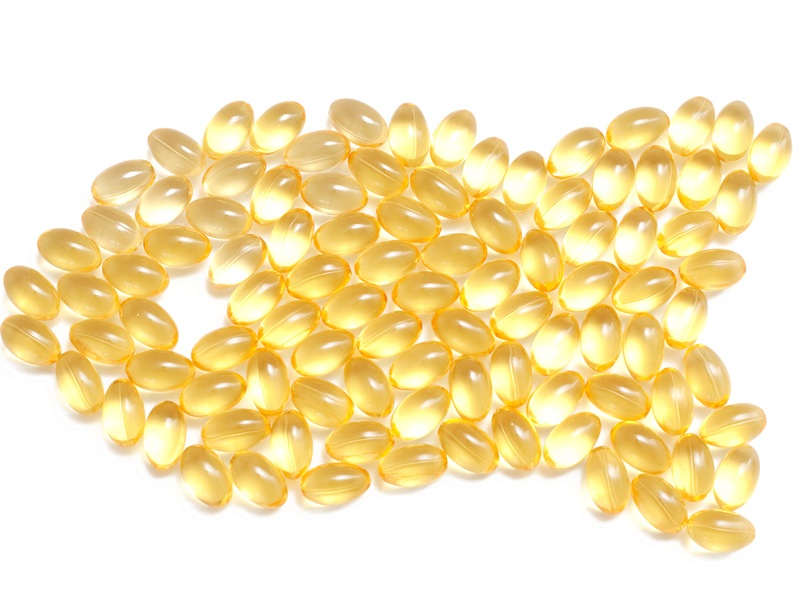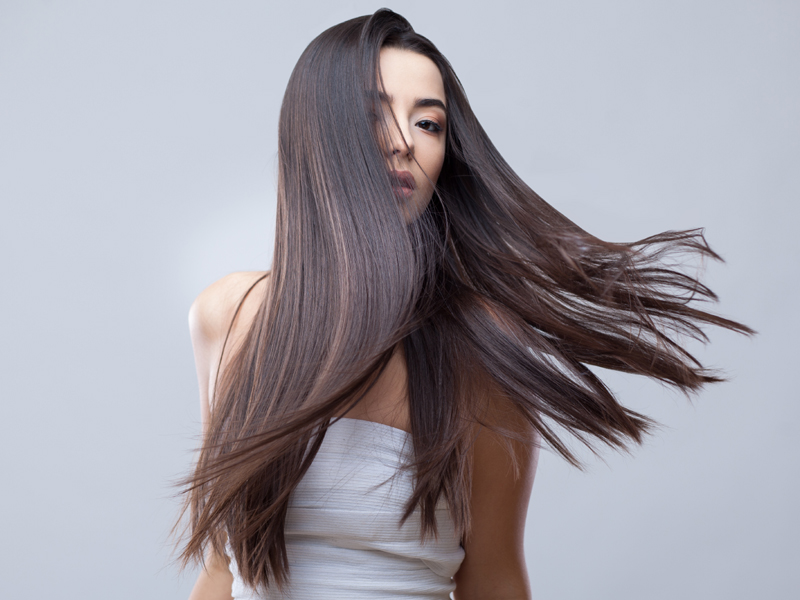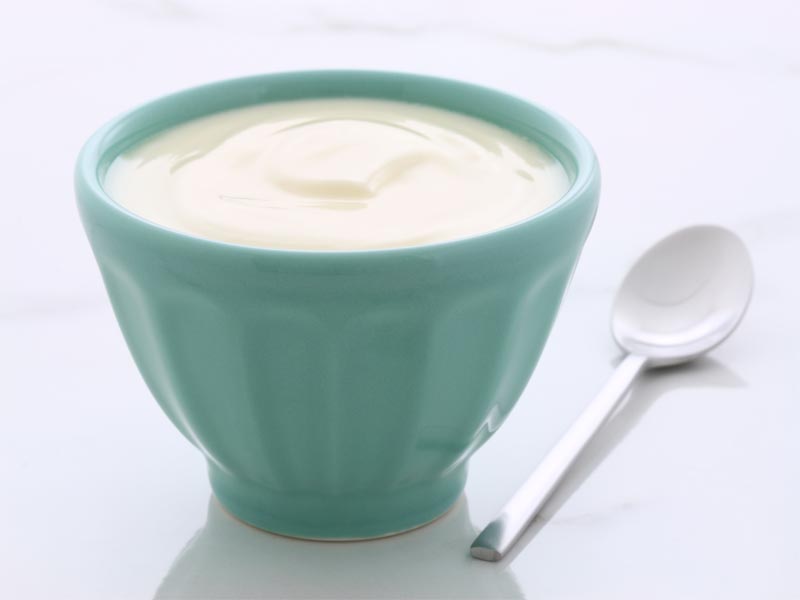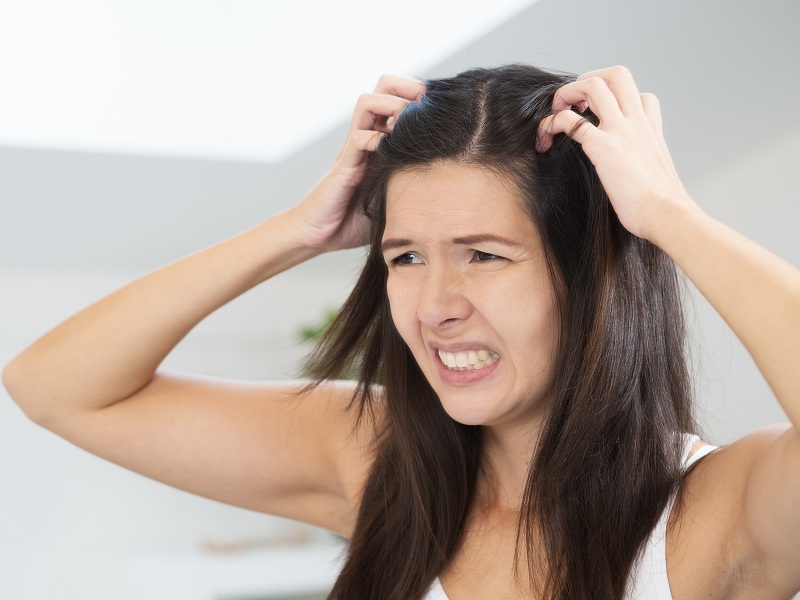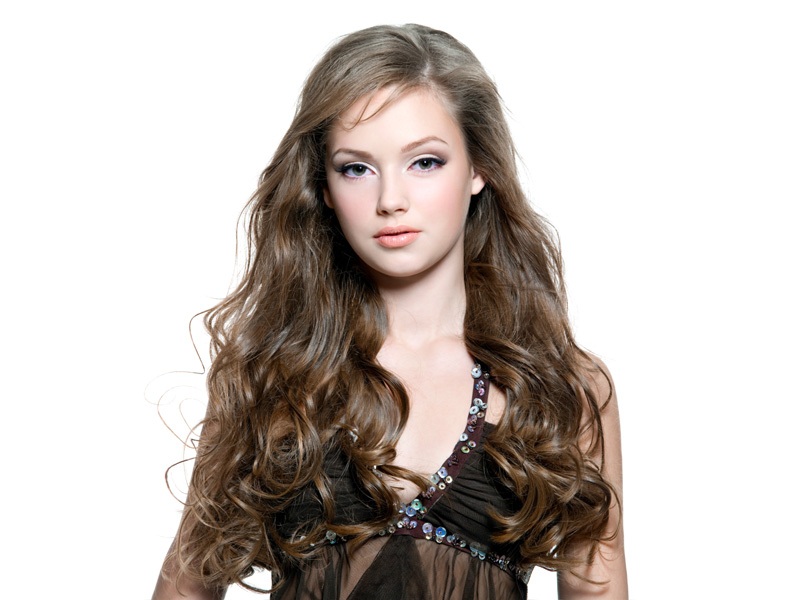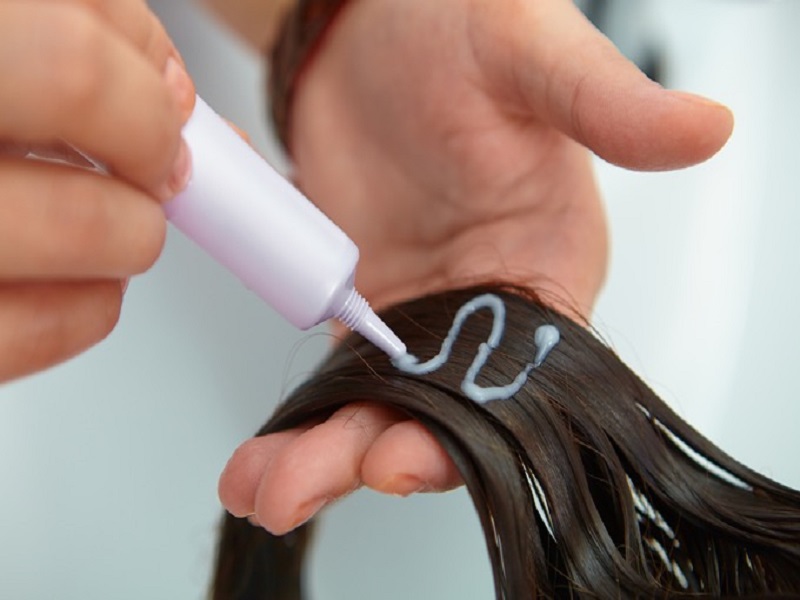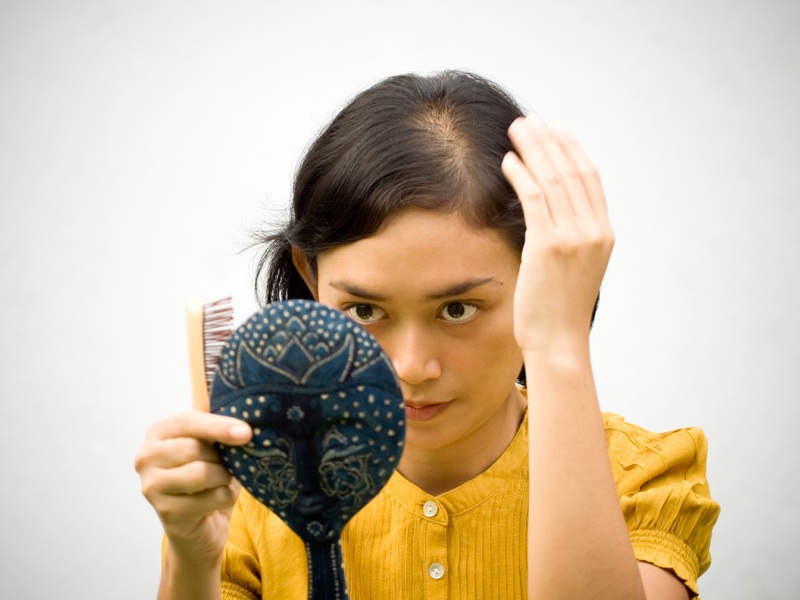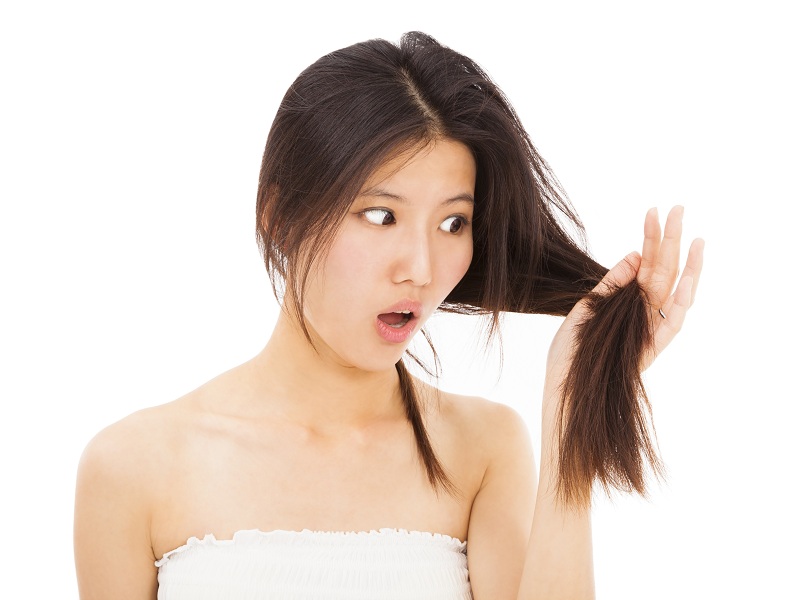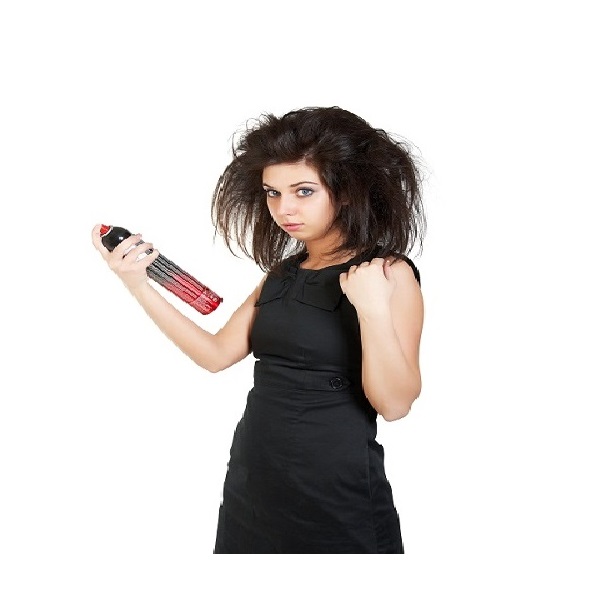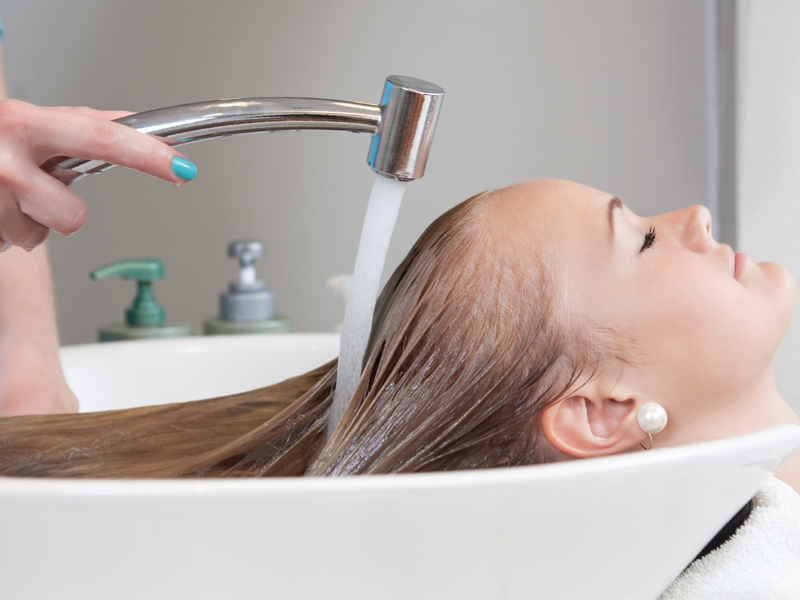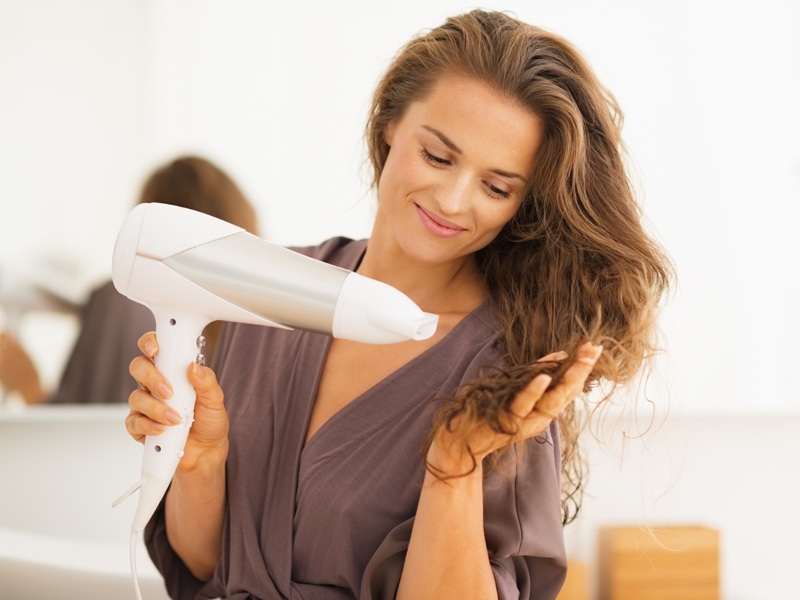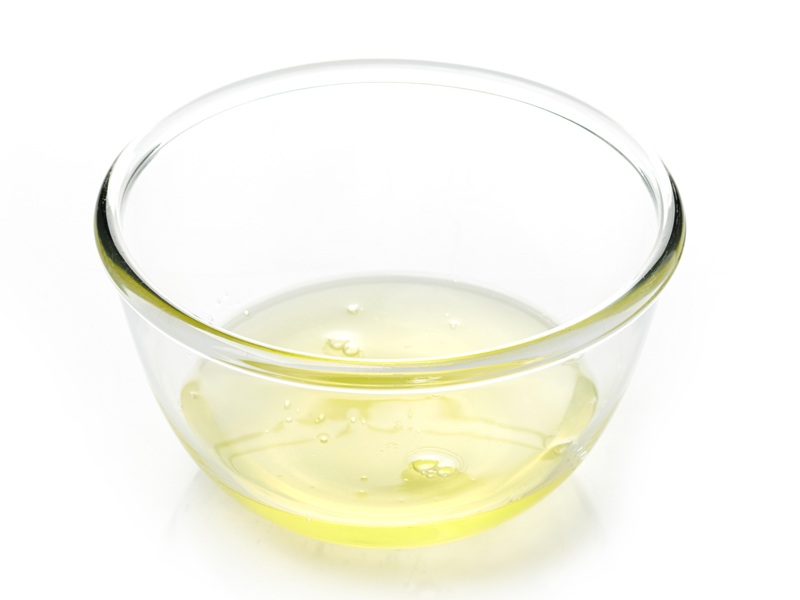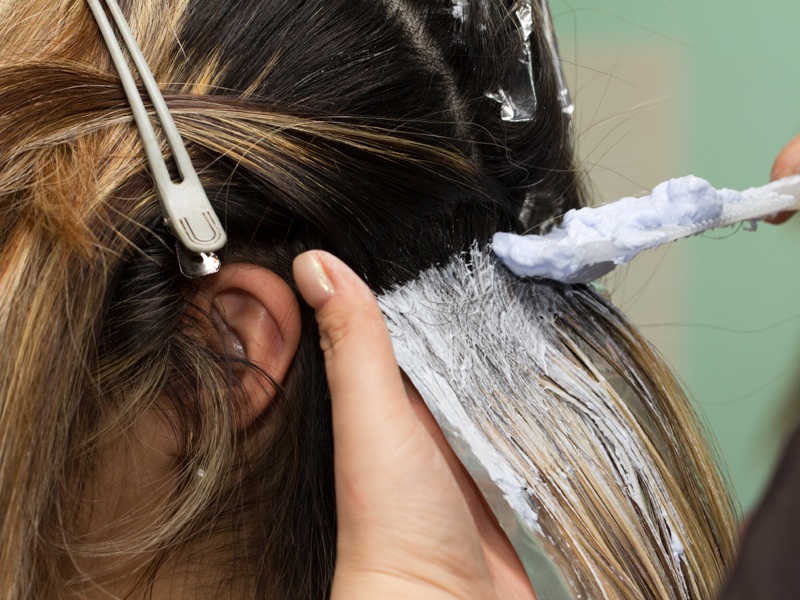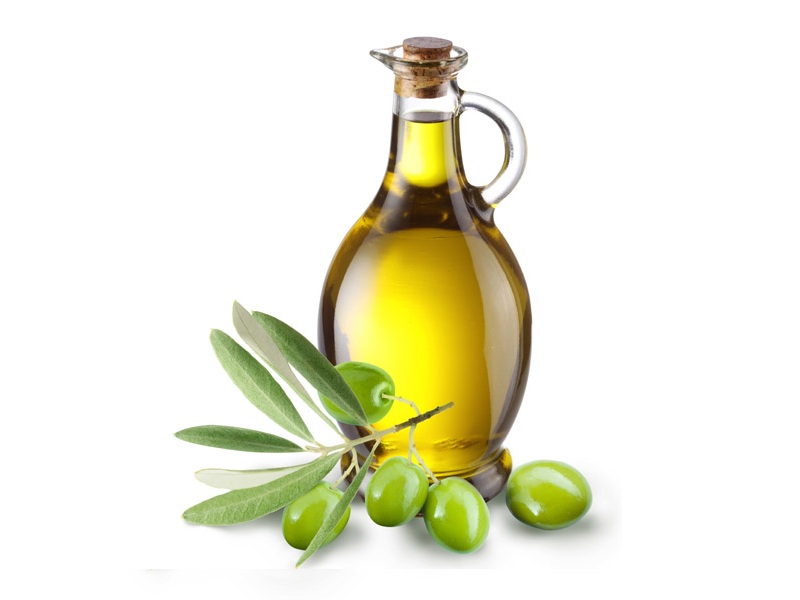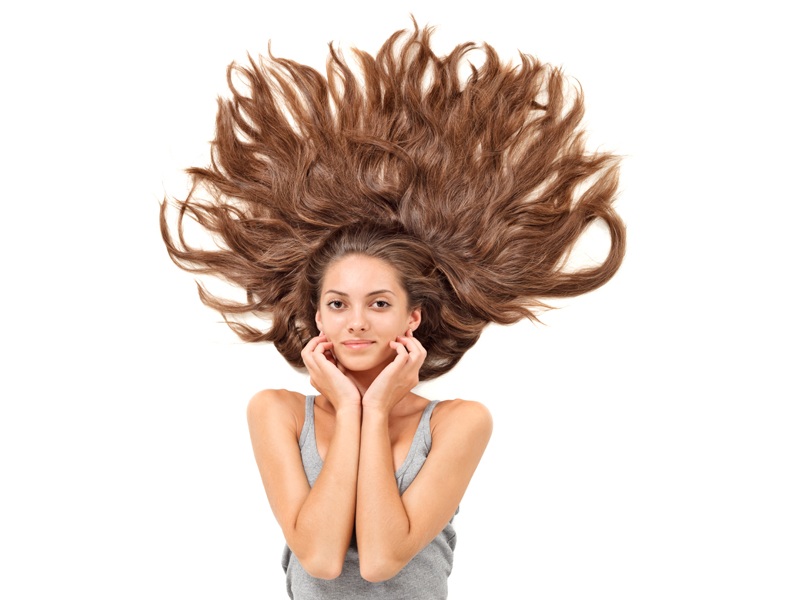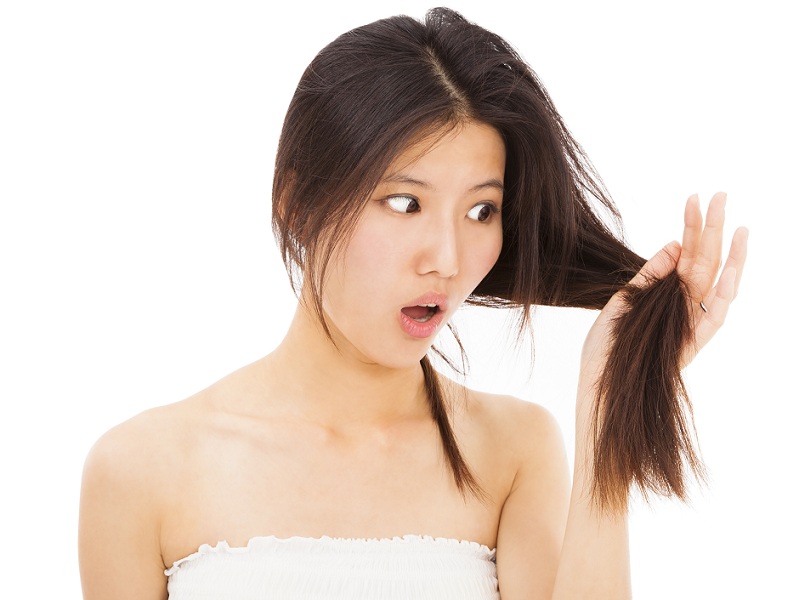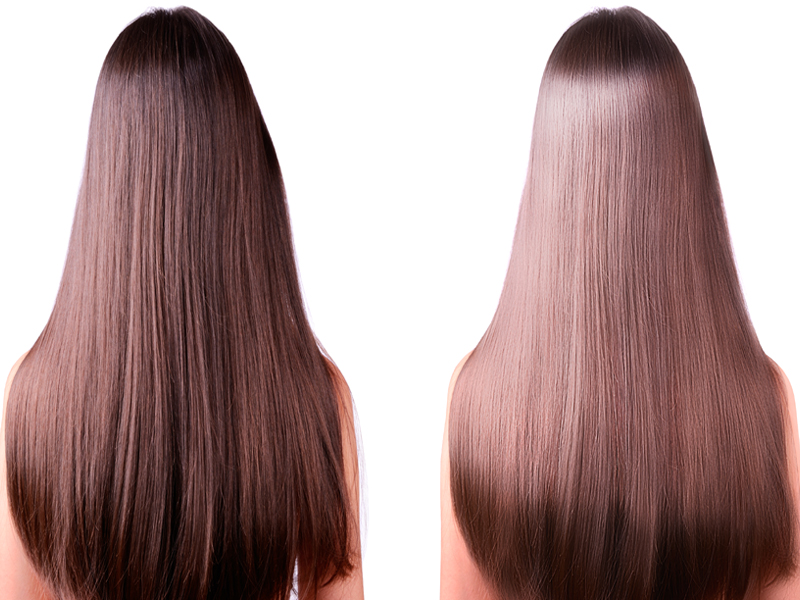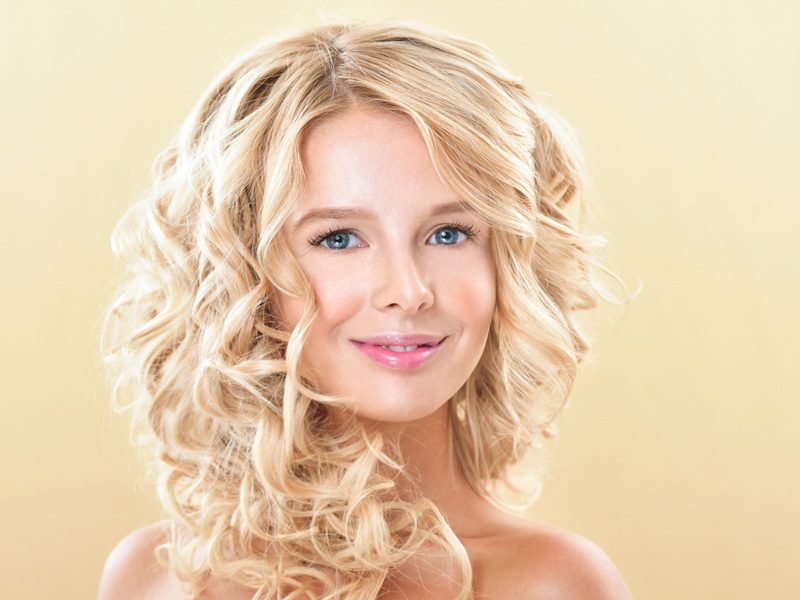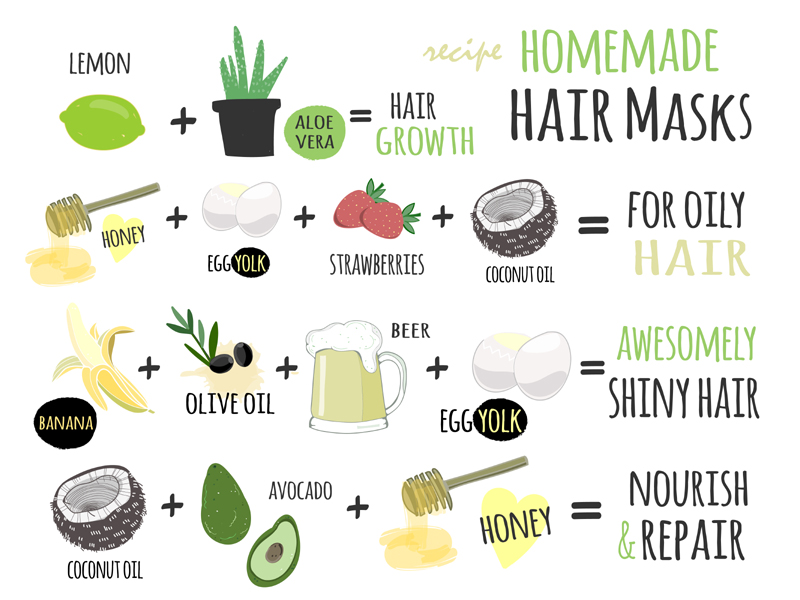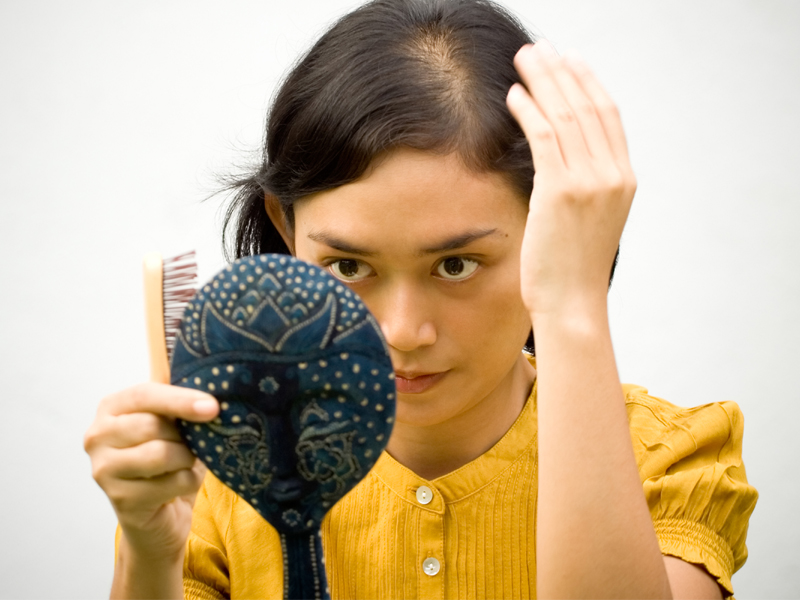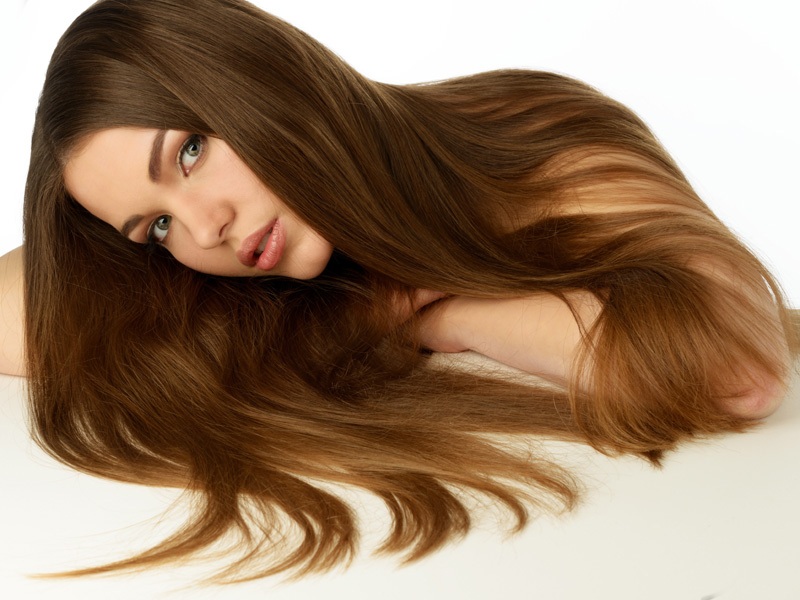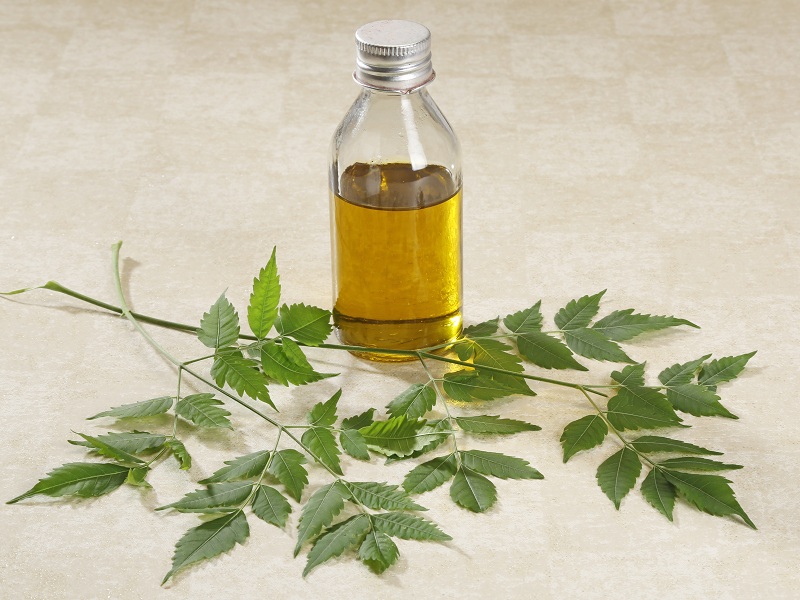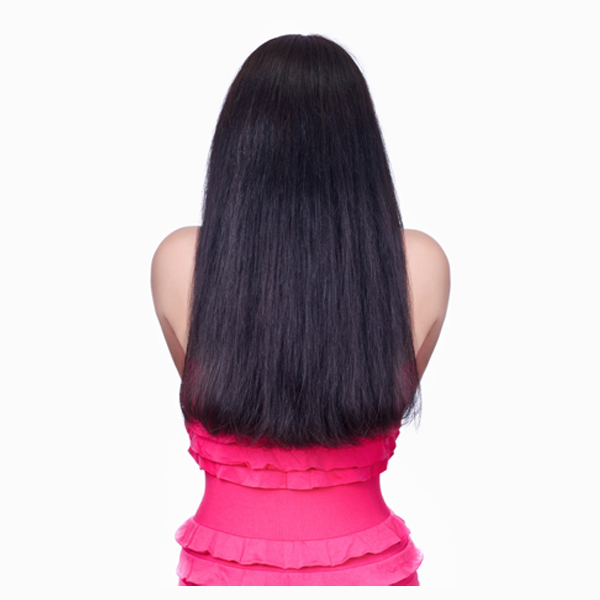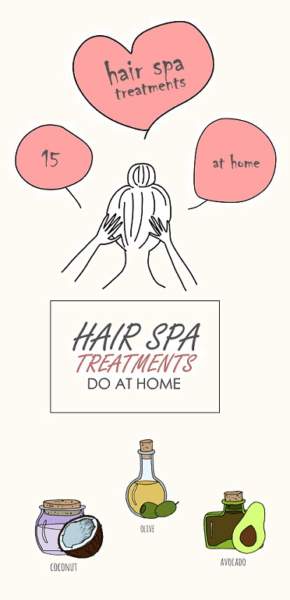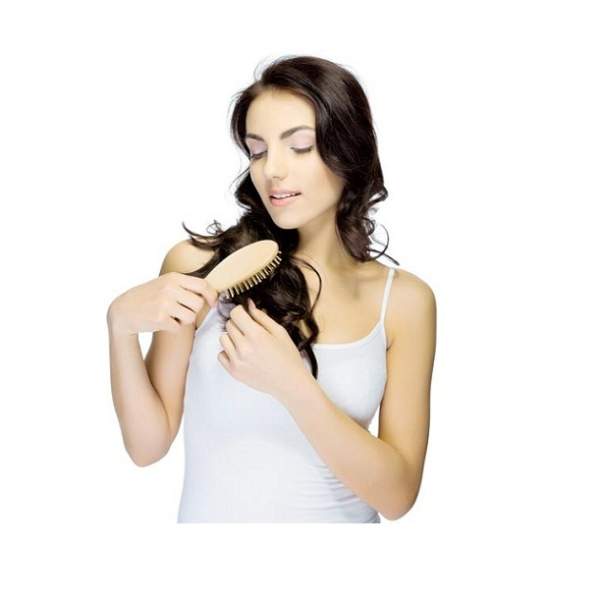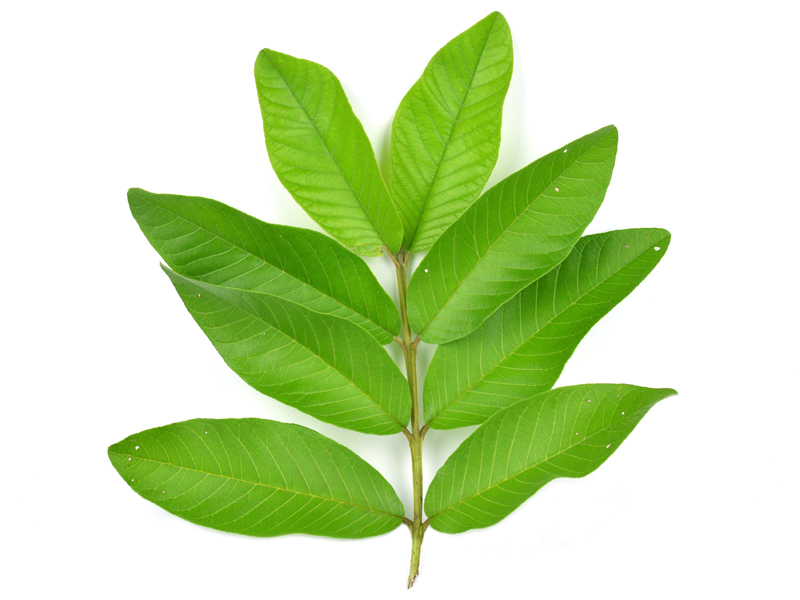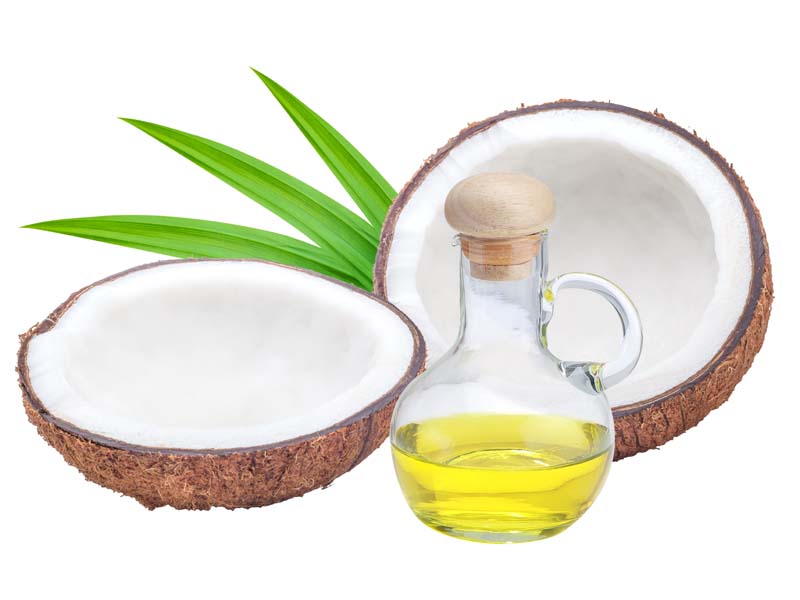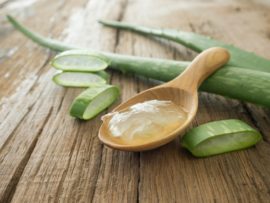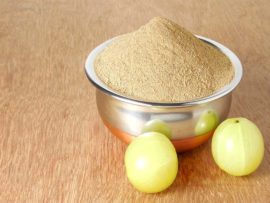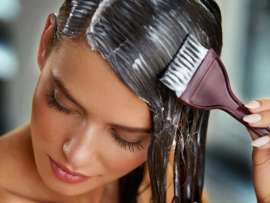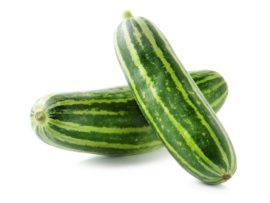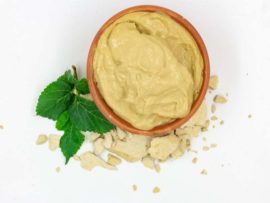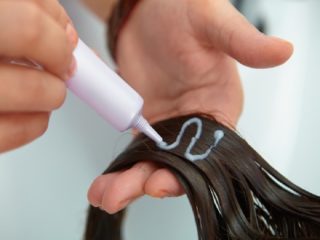Is your hair falling by the bunches? Do you suspect the role of a scalp infection behind this? If yes, it’s time to know the benefits of tea tree oil for hair and scalp! Tea tree oil is an oil with a camphor-like smell, extracted from the tea tree leaves, native to Australia. Being a natural antiseptic agent, tea tree oil was once used by the native aborigines for treating wounds and cuts.
Today, it is a key ingredient in many hair care products for many reasons. From fighting dandruff-causing microbes to foster a thicker, longer hair, Tea tree oil can be a boon to your mane. Read along, as we learn how to use tea tree oil for hair regrowth using simple home remedies.
Is Tea Tree Oil Good for Hair Loss Treatment?
One of the significant contributors to hair loss is blocked pores due to excess sebum. This can encourage fungal growth on the scalp, leading to dandruff. With time, your roots get weakened and ultimately fall off.
Tea tree oil works by keeping the sebum secretion in check. It is a strong anti-microbial agent which can remove even stubborn dandruff. By clearing the pores and maintaining scalp health, tea tree oil helps in hair fall control and even promotes hair growth.
[ Also Read: How To Use Rosemary Oil For Hair ]
Other Benefits Of Tea Tree Oil for Hair:
Along with hair loss prevention and dandruff control, here are some of the tea tree oil benefits for hair:
- Treats Scalp Dryness: A dry scalp means itchy, white flakes that can clog your pores. Tea tree oil works by keeping your scalp moisturized while controlling excess sebum secretion.
- Reduces Hair Breakage: Tea tree oil contains anti-inflammatory properties, which can clear scalp problems that can cause hair damage. While soothing an irritated scalp, it also strengthens your strands.
- Improves Blood Circulation: As per studies, a massage with diluted tea tree oil was found to increase blood flow to the scalp cells. This can allow better nutrient absorption to the follicles and make them stronger from within.
- Kills Parasites and Lice: Lice and other blood-thriving bugs can ruin the health of your hair. By applying concentrated tea tree oil for just 30 minutes can result in 100% elimination of these insects from your scalp, which includes even unhatched eggs.
How To Use Tea Tree Oil for Hair Growth?
Unlike regular oils like coconut oil, olive, or almond oils, Tea tree oil is an essential oil. It is highly concentrated and must never be used directly on the scalp. It is also quite toxic and must never be consumed internally. You must always mix it with a carrier oil or other ingredients to reduce its potency and increase efficiency.
Here are some of the easy ways to use for hair growth.
1. Hair Growth Treatment:
This tea tree oil hair mask is enriched with the goodness of tea tree oil and a carrier oil like Jojoba, Olive, or Coconut. By massaging your scalp with this mixture, you can be assured of a clean scalp and soft hair. It can unclog the pores and pave the way for new hair growth. Due to the potency of tea tree essential oil, the oil can leave a slight tingling sensation for a few minutes.
Ingredients:
- Tea Tree Oil – 3-5 Drops.
- Carrier Oil – 2-3 tbsp.
Preparation Time: 5 Minutes.
How To Prepare and Apply?
- Take some carrier oil in a clean bowl and warm it slightly.
- Add a few drops of tea tree oil to this and mix well.
- Apply the mixture on the scalp and massage thoroughly.
- Leave it on for 20 minutes.
- Wash off with a regular shampoo.
How Often Should I Do This? Once a week.
2. Tea Tree Oil Shampoo:
Another method to use Tea tree oil for hair growth is by making it a part of the cleansing routine. Instead of choosing a drugstore shampoo, you can try this DIY tea tree oil shampoo for maximum benefits. Not only does this clean your scalp off dirt and grime, but also leaves it refreshingly good. With regular usage, you can notice a visible difference in the thickness and quality of hair.
Ingredients:
- Tea Tree Oil – 3-5 Drops.
- Shampoo – As required.
Preparation Time: 5 Minutes.
How To Prepare and Apply?
- Mix tea tree in your shampoo.
- Wet hair and apply this directly on the scalp and hair.
- Lather well and massage.
- Leave it for 2-3 minutes.
- Rinse well with water.
How Often Should I Do This? Twice a week
[ Also Read: Foods To Eat For Healthy Hair ]
3. Dry Scalp Nourishment:
A dry scalp can lead to itchy, white flakes. With time, they can cause severe hair loss and irreparable damage. Before the matter slips out of your hand, try this tea tree oil dry scalp nourishing treatment. The mask can relieve your scalp of itchiness and condition your hair.
Ingredients:
- Tea Tree Oil – 3-5 Drops.
- Jojoba Oil – 2 tbsp.
Preparation Time: 5 Minutes.
How To Prepare and Apply?
- Mix tea tree oil with Jojoba oil.
- Apply this mixture directly to your scalp and hair.
- Massage well and leave it for 20 minutes.
- Wash with a regular shampoo.
How Often Should I Do This? Twice a week.
4. Anti-Infection Treatment:
Scalp infections like dandruff and eczema can damage your scalp cells and lead to hair loss. Apply this tea tree oil mix can fight even stubborn microbes and restore normalcy. The anti-inflammatory properties of tea tree oil can reduce itch and irritation on your scalp, along with balance the pH levels to promote healthy hair growth.
Ingredients:
- Tea Tree Oil – 5 Drops.
- Honey – 3 tbsp.
- Baking Soda – 1 tbsp.
Preparation Time: 5 Minutes.
How To Prepare and Apply?
- Mix all the ingredients.
- Apply it even on the scalp.
- Massage well for 5-10 minutes.
- Leave it on for additional 30 minutes.
- Wash with a mild shampoo.
How Often Should I Do This? Once a week.
5. Tea Tree Oil Hair Rinse:
If the greasy, oily scalp is stunting your hair growth, try this fantastic hair rinse. Powered with the properties of ACV, the rinse can clarify your scalp cells and renew them. It can even remove excess sebum and product build-up which block your pores. The treatment can make your hair look glossy and healthy, like never before!
Ingredients:
- Apple Cider Vinegar – ½ Cup.
- Water – ½ Cup.
- Tea tree oil – 10 drops.
Preparation Time: 5 Minutes.
How To Prepare and Apply?
- Mix all the ingredients.
- Wet your hair and shampoo as usual.
- Use this ACV mix as a final rinse to your hair.
How Often Should I Do This? Once a week.
Additional Tips To Use Tea Tree Oil On Your Hair:
Along with trying the above methods, you can also use tea tree oil in the following ways on your hair:
- Deep Conditioner: Say goodbye to bad hair days with this deep conditioning mask. Just mix a few drops of Tea tree oil with Coconut oil. Apply it on wet hair and leave it on overnight. Wash the cover off the next morning to reveal gorgeous locks!
- Hydration Booster: This mask is enriched with aloe vera and tea tree oil which can fight dullness and flakes. Add a few drops of the essential oil to 3 tbsp freshly squeezed Aloe vera gel. Apply it evenly on the scalp and hair and leave it overnight. The next morning, use a mild shampoo to wash it off.
- Leave-in Treatment: Instead of using chemical-laden serums, try this leave-in spray with tea tree oil that can work wonders! Take some distilled water in a spray bottle and add tea tree oil in a 5% ratio to the water level. Shake well and use it to spray on wet or dry hair.
[ Also Read: Hot Oil Massage For Hair ]
Final Thoughts:
Although the market is flooded with tea tree oil-based products, they are not even half as good as natural treatments. This is why these DIY masks are so popular with men and women around the world. By using good quality tea tree essential oil, you sure reap the best benefits for your hair and scalp. These remedies work by eliminating the root cause of your hair loss and help you attain a voluminous mane you could only dream of!


